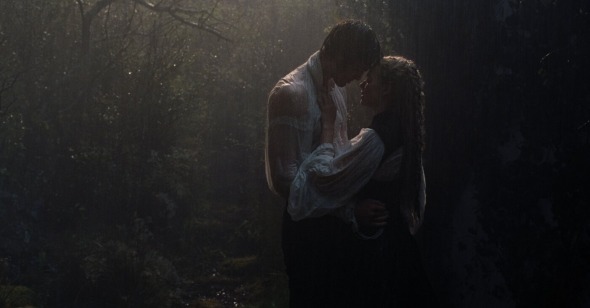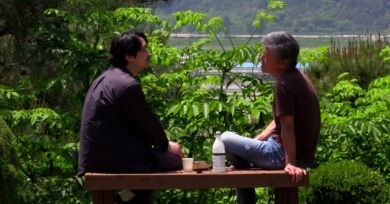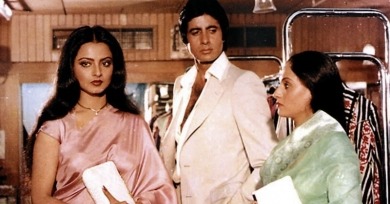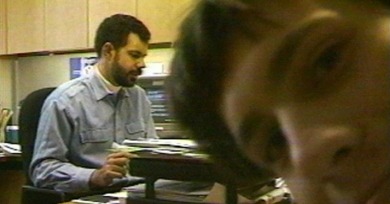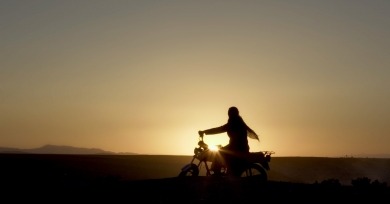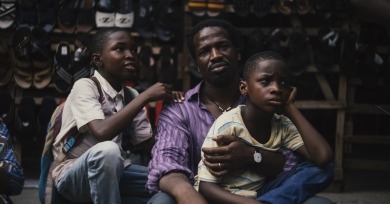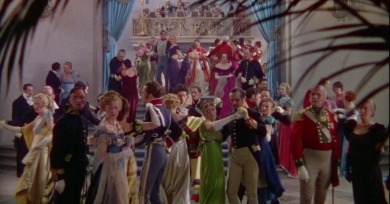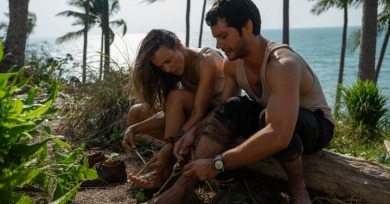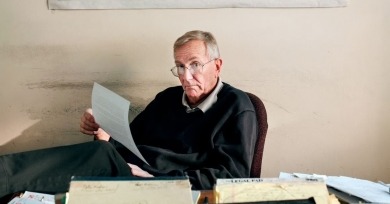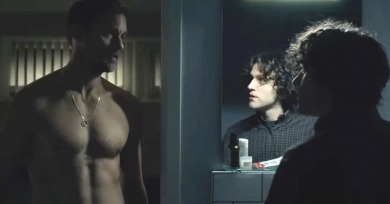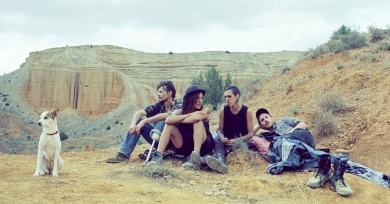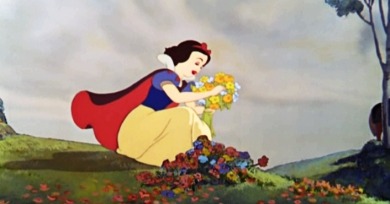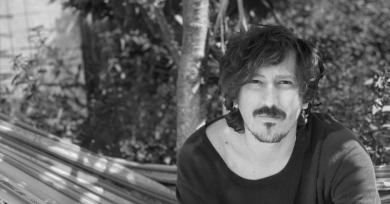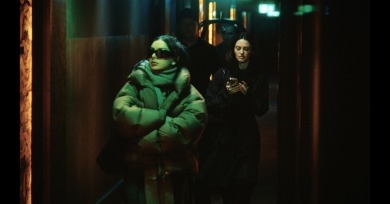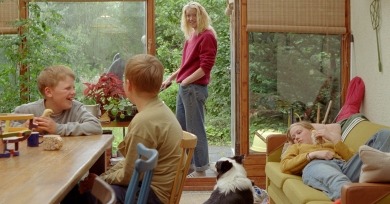The film so insists on a clean break between libidinous and infantile that the film neuters the ambivalent eroticism fueling the novel.
What Does That Nature Say to You is notable not because it eschews dramatic material but because it withholds the usual means of discerning which details are relevant or irrelevant to the nominal drama.
In Queens, we read those magazines at the Indian grocery between shelves of rice and spices. Bollywood did not feel distant. It felt personal, as if it were working through how complex love, marriage, and commitment could be.
Target would eventually find its way on the Internet, where its charmingly unrefined style helped it fit in with the plethora of amateur video diaries, but it crucially exists within and beyond its particular early-to-mid-’90s moment.
Both of us always mention in our master classes or panels with cinema students to choose a subject that you really like for your projects because you are not sure how long you are going to spend on the project. Better to choose something that is very close to your heart.
The filmmakers maintain that the character is not a direct representation of the father they barely knew but a broader symbol of paternal strength and the fallible masculinity it obscures. The resulting work is much less a memory piece than a sustained act of mournful imagining,
The palette used throughout often reflects the muted shades of English fine china and porcelain popular during the Napoleonic era. Although the bulkiness of the Technicolor camera limited the dynamism that had marked Mamoulian’s previous work, his playfulness with color in Becky Sharp exudes the energy of a kid trying out a new toy.
It is impossible to ignore that the decline of traditional print journalism has resulted in an eradication, and deterioration in quality, of the sort of work at which Hersh excelled. When Hersh cracks a self-deprecating joke about how he’s “slumming it” on Substack now, it’s hard not to despair.
It is outwardly dispiriting and disarmingly sweet, narratively brutal and formally subdued, thematically outré and structurally prosaic. It articulates taboo subjects with the matter-of-factness of the everyday, equally in tune with the absurdity and mundanity of the relationship it portrays.
The point here is not the destination or the shellshocked wanderers, but the conflagrations of sounds and visuals Laxe conjures along the way.
The history of these tools and the concurrent development of new animation techniques demonstrate how closely artistic concerns and technical logistics are married in filmmaking. The multiplane camera is also an effective synecdoche for the system Walt Disney molded his studio into.
I said maybe I will do a film about the worst version of myself in 20 years, and then that is when I reconnected with the poetry world, because making a film about a filmmaker wasn't that interesting to me.
The most compelling throughline is that maybe it was absurd for brat to skyrocket in the first place, particularly in an entertainment ecosystem that requires its celebrities to be as mass market, palatable, likeable, and as ready and willing to sell out (without selling out) as possible.
Outside the context of the film, the piano score might sound like the accompaniment for a toasty night by the fireside. Yet Hunt’s minor chords and capricious melodies allow the film a gracious domesticity that works in contrast to its swollen, poignant portrait of disintegration.
